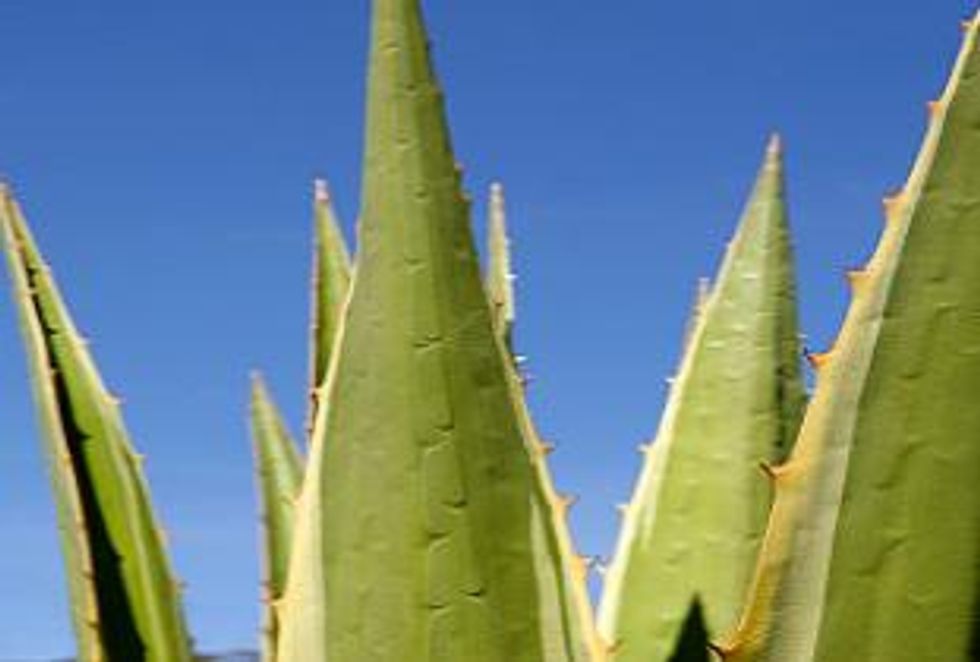Over the past year, potash producers have incrementally increased the price charged for potash, as top crop prices have given farmers extra incentive to boost yields.
By Leia Michele Toovey-Exclusive to Potash Investing News
Over the past year, potash producers have incrementally increased the price charged for potash, as top crop prices have given farmers extra incentive to boost yields. Over the past year, corn prices have climbed 77 percent, wheat 43 percent, and soybeans 40 percent. All three of these crops are “fertilizer-intensive” which means they need a great deal of fertilizer in order to reach their maximum yields.The latest price increase for potash was announced this week by Belarusian Potash Co.- the trading arm of fertilizer giant Uralkali. Belarusian hiked the price of the fertilizer by about 11 percent for buyers in Brazil, citing “unprecedented demand, tight supplies, and higher crop prices.” According to the trader who announced the price hike, Belarusian also stated that it “believes the same fundamental factors will continue supporting very strong international demand through all of 2011.”
With this price hike, Belarusian will charge buyers as much as $535 per metric tonne for small purchases, and $520 per metric tonne for larger purchases during the month of May. Previously, Belarusian was charging around $475 per tonne.
On February 25th, a researcher from FMB Group claimed that Belarusian Potash Co. may boost spot prices for Brazil by 18 percent to as much as $530. In addition, they estimated a 22 percent year on year price hike for consumers in India, to $450 a tonne in April.
Belarusian Potash co. is part owned by Uralkali. Last week, Uralkali’s CEO Vladislav Baumgertner told reporters that he expects prices of the fertilizer to surge as market conditions almost match the record year of 2008.“From what we see on the spot markets, the price is approaching $500 a metric tonne and we believe that this level will be overcome this year,” said Baumgertner. “The business and economic environment is very similar to that of 2008.” Some potash prices touched $1,000 a tonne that year. Uralkali expects world potash output to reach a record 57 million to 60 million tonnes this year, compared with 52 million tonnes last year.
Company news
Israel Chemicals Ltd. (TLV:ICL) announced that its fourth-quarter profit surged 21 percent as potash sales volumes and prices increased. Net income rose to $245.4 million from $202.7 million in the year-earlier period, the company said in a statement to the Tel Aviv stock exchange. Annual profit increased 32 percent to $1.02 billion. Revenue for 2010 climbed 25 percent to $5.69 billion as potash sales doubled. Annual sales to the Asian market soared 46 percent, to Europe 32 percent and to South America 14 percent in 2010.
Germany’s K+S AG (ETR:SDF) announced last Thursday that its indirect wholly-owned subsidiary, K+S Canada Holdings Inc., has completed the compulsory acquisition of all outstanding common shares in Potash One. As a result of the compulsory acquisition, K+S Canada now holds 100% of the outstanding common shares of Potash One. K+S is currently building a new potash solution mine in Saskatchewan that is scheduled to open in 2015.
Passport Potash Inc. (TSXV:PPI) has entered into an option agreement with Ringbolt Ventures Ltd. (TSXV:RBV) to acquire a 100 percent interest in Ringbolt’s Holbrook Basin potash property in Arizona. Ringbolt’s property consists of 15,994.32 acres of mineral exploration permits on land managed by the Arizona State Land Department. The property overlies a portion of what appears to be the thickest part of the deposits in the Holbrook Basin. The option agreement has the potential to increase Passport’s land holdings to more than 86,000 acres, or 134 square miles. This comprises 22 percent of the estimated 600 square miles of potash deposits in the Holbrook Basin.
Ethiopian Potash Corp. (TSXV:FED) has implemented a shareholder rights plan, which will force any potential acquirer to make its bid open for sixty days, and allows Ethiopian Potash’s board to issue new shares at a deep discount to existing owners, the plan was effective immediately, and would last for three years, the company said in a statement. Ethiopian Potash Corp is exploring for potash in Ethiopia. They plan to start drilling on their properties next month.
